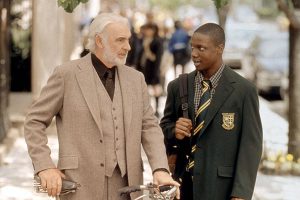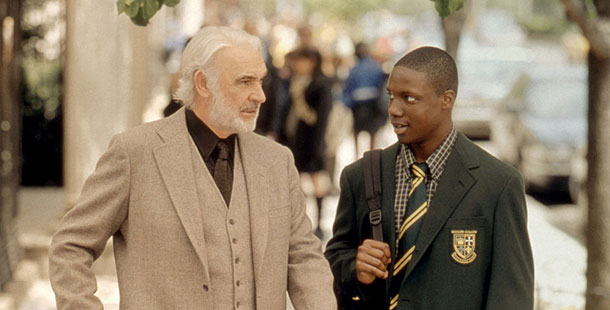
Where’s Brian Linehan when you need him?
Arguably Canada’s greatest gift to entertainment interviewing and reporting, Linehan would shudder at what has become of arts coverage these days.
On his show, CityLights, he asked celebrities thought provoking questions, and often dazed them with his knowledge. This was long before the days of Wikipedia, and more often than not, his information was accurate, as we know the Internet has a propensity for falsehood.
Regardless, let me get to the reason why I bring up Linehan. My belief is that entertainment reporting has fallen victim to a lack of sincerity and the proliferation of irrelevant information.
Why do I say this? There’s more emphasis on the lives of celebrities rather than the art that they offer up. Warranted calling a movie like Dawn of the Planet of the Apes art in the traditional sense is a stretch, it’s still part of a creative process, ergo we should dig deeper into the process.
Now, I could theorize the breaking of the gentleman’s agreement between Hollywood and media started when Rock Hudson was outed as gay, and dying of AIDS. Now it was probably no mystery to many that Hudson lived that lifestyle, but it was irrelevant to his body of work as an actor.
Still over time, what was once exhumed from the gutters by the tabloids has become main-stay fodder for entertainment media. Am I suggesting that society has become intellectually stunted? Hell yes.
The Internet is partially to blame. So is that charming lad who drew penises on celebrity headshots.
Whatever. Perhaps the rise of celebrity gossip can be correlated with the decline of daytime drama.
Going back to this gentleman’s agreement idea, back in the Golden Age of La-La Land, it was a real treat to get to see inside the lives of people like Fred Astaire, Humphrey Bogart, Rita Hayworth, etc. It was not in the forefront, unless it was in the tattlers.
Now we’re relayed information on what kind of latte Rachel McAdams ordered at Starbucks. Is this pertinent information to our way of life? I’m reminded by a scene in the film Finding Forrester every time I hear a television personality harping on the personal lives of celebrities — perhaps you’ve seen the film, and can recall the soup question scene.
The deaths of Marilyn Monroe, Alan Ladd and Natalie Wood were shocking to the world, for sure, but it was in part because their personal lives had gone under-rug-swept (well, at least until a book was written about them). That was in the best interest of keeping fantasy and real life separate.
Now outlets like TMZ have done the opposite. Funny, some actors have a tough time distinguishing what’s real and what’s not these days. Which has led some of the younger celebs down a rabbit hole. But I digress.
A big beef I have is when gossip, and proponents of said form of yellow journalism, are rewarded for their popularity. It’s all about clicks in this digital world. Which is unfortunate. I’ve always thought of journalism as a form of education, not a sycophant for ignorance and escapism.
I could go on a rant about those who dredge the depths of the celebrity rivers for irrelevant news, but then again I’d have to comment, or diatribe, on society as a whole. There’s not enough space on my website to enter that discussion, but if you’ve ever been privy to a discussion between myself and a good friend, a former radio jock, you’ll hear us groan about the gossip, and focus our conversations on the art — warranted if the life stories of celebrities are relevant to why they act, write … create in general, so be it. Then their personal lives become relevant to the arts story.
Back to my Finding Forrester reference, we ask questions that matter to us. For those of you who have seen Gus Van Zant’s 2001 film, the theory is packaged neatly in two words: Soup question. Don’t get me wrong, banter and small talk are great, but it’s ambiance.
But, unfortunately, it appears people aren’t interested in information that matters to them. And thus the Brian Linehans of the world are no longer de rigueur, and the Lainey Luis are.

